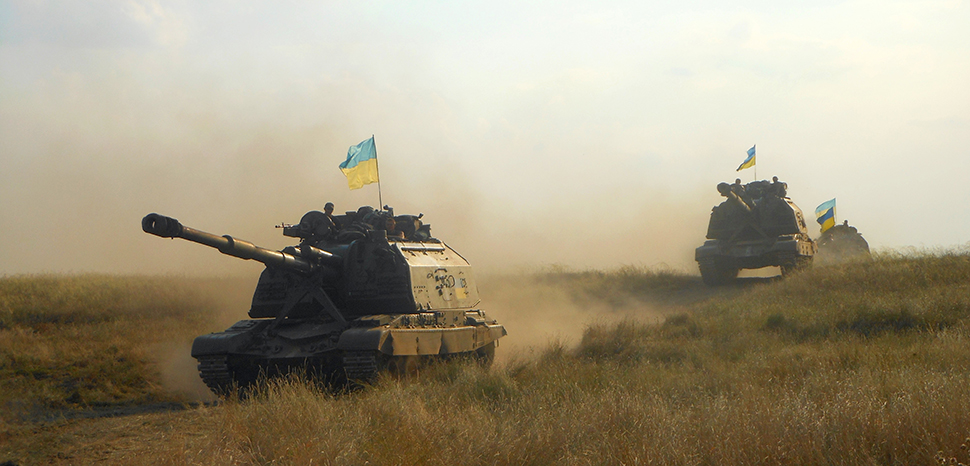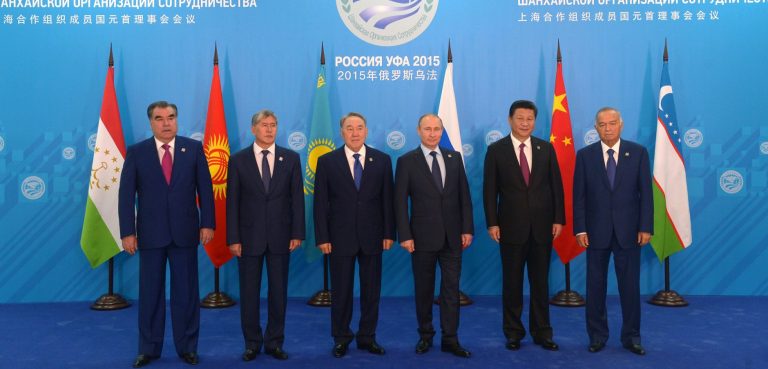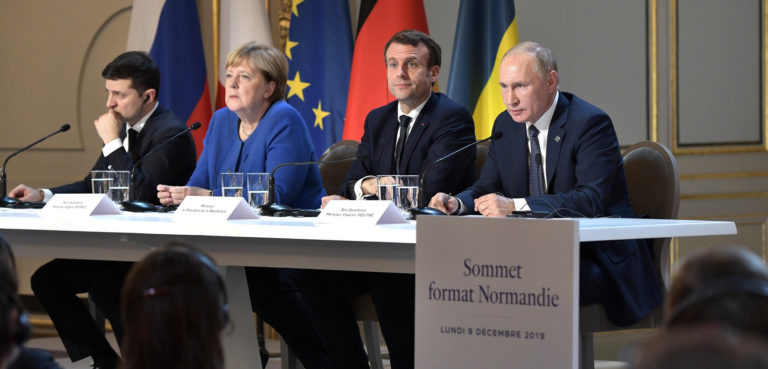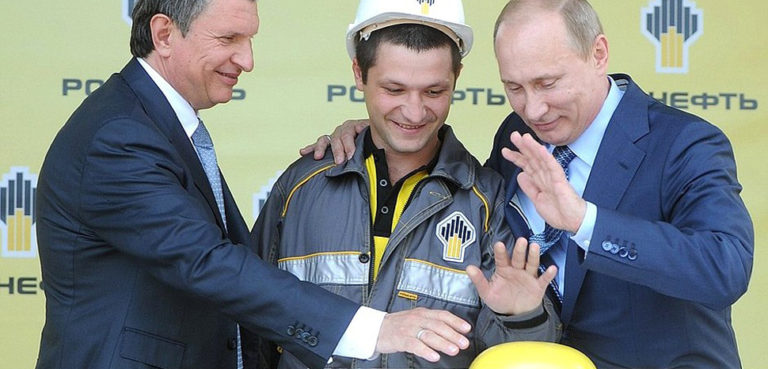As Russia’s invasion of Ukraine turns one year old, there is seemingly no end in sight. Nevertheless, the question remains, how can peace be achieved and should it be anytime soon? Both Kyiv and Moscow continue to pursue maximalist negotiating postures for good reason. Despite successful Ukrainian counterattacks in the Kharkiv and Kherson Oblasts, Moscow controls the entirety of Ukraine’s coastline with the Azov Sea. Regardless, Kyiv likely feels emboldened as it’s become clear after Ukraine’s valiant effort over the past year that the Russian Armed Forces are trapped in a quagmire that they are ill-prepared for. As this war enters its second year, the West must encourage and support Ukraine to hold the line while preparing for offensive operations when conditions are favorable.
Former Secretary of State Henry Kissinger drew the ire of foreign policy observers on May 23, 2022, when he urged the West to force Ukraine to seek a “status quo ante” in its war with Russia. Kissinger argued that an embarrassing defeat for Russia in Ukraine could worsen stability in Europe. However, there’s more at stake in Ukraine than Europe’s security architecture. If the West, led by the United States, supports a peace deal where Russia gets even a mile of land in Eastern Ukraine, it sends a message to authoritarian regimes with designs on foreign lands that they can seize land by force of arms with impunity so long as the invaded state acquiesces. If the United States supports any peace settlement featuring any territorial concession it will serve as a tacit acknowledgment that the post-World War Two international order is dead.
Conversely, the threat of escalation may make peace a more desirable option than the preservation of the international order, especially after Russia’s withdrawal from the new START Treaty. Wars often escalate the longer they go on as combatants seek an end or a validation of the resources expended thus far. However, the Kremlin continuously escalates tensions in Europe and elsewhere to extract concessions from the West. The Kremlin is keenly aware of the West’s fear of escalation and purposefully pollutes the information space with vague statements indicating their willingness to escalate the situation if certain conditions are or aren’t met by the West. For example, Russian President Vladimir Putin publicly put Russia’s nuclear forces on “high-alert” on February 27, 2022 at the beginning of the invasion of Ukraine, seemingly to scare the United States and NATO. In lieu of its dismal kinetic capabilities, Russia continues to rely on vague nuclear threats to deter the West.
Unless the West intends to surrender to Russian bullying for the foreseeable future, the West must call Russia’s bluffs and retaliate within the threshold set by reckless Russian foreign policy. Moving forward, Russia should de-escalate out of fear rather than because of a concession. For example, the West can respond to Russian aggression with military aid designed to enable the Ukrainian Armed Forces’ offensive capabilities to strike into occupied territory and perhaps military targets in Russia akin to Ukraine’s raid on an oil depot in Belgorod, Russia, on April 1, 2022.
The West enabling Kyiv to accomplish offensive operations doesn’t escalate the situation given how Putin escalated tensions with Ukraine into a full-scale war. The West should make clear to Putin that this war makes his state less safe the longer it goes on. After the performance of the Russian military and intelligence services in Ukraine, the West should think about what else in Russia’s national security enterprise is dysfunctional when assessing future threats from the Kremlin.
However, the past year has taught both the West, Russia, and Ukraine pivotal lessons in conflict. Though the Russian national security enterprise is dysfunctional and highly political, its leadership has learned from its mistakes a year ago. Russia’s steady, albeit costly advance on Bakhmut has demonstrated that the Russians are no longer aiming for a swift and unrealistic victory. Instead, the Kremlin is hoping to outlast Ukraine and the West in material and manpower. To this end, the West needs to surge its production of weapons systems in order to enable Ukrainian warfighters to seize land while maintaining front lines under intense pressure. The stockpile phase of the Russo-Ukraine war has ended and it is clear that the conflict is now attrition based. Ukraine and the West’s strategy must adapt as necessary.
Fundamentally, security policy is defined by ambiguous and high-stakes decision-making. Though international peace and stability should always be the object of the security policy of the West and the United States, peace in it of itself is not a noble aspiration if it can produce a world where malign states may wage war on their weaker neighbors with impunity. The Western states, as the primary architects of the rules-based international order, are responsible for its maintenance. As a result, the West must ensure that Russia’s revisionist aspirations are defeated in Ukraine and at the negotiating table. Putin, though a liar on most issues, is correct to fear that the West wants to “inflict a strategic defeat” on Russia. The West should inflict a strategic defeat on Russia that echoes throughout the Russian decision-making apparatus, such that it changes Moscow’s strategic culture from here on out.
The views expressed in this article belong to the authors alone and do not necessarily reflect those of Geopoliticalmonitor.com.




